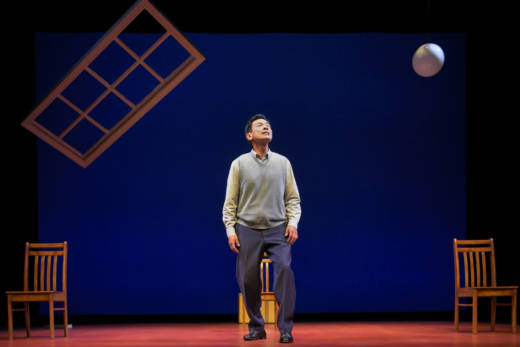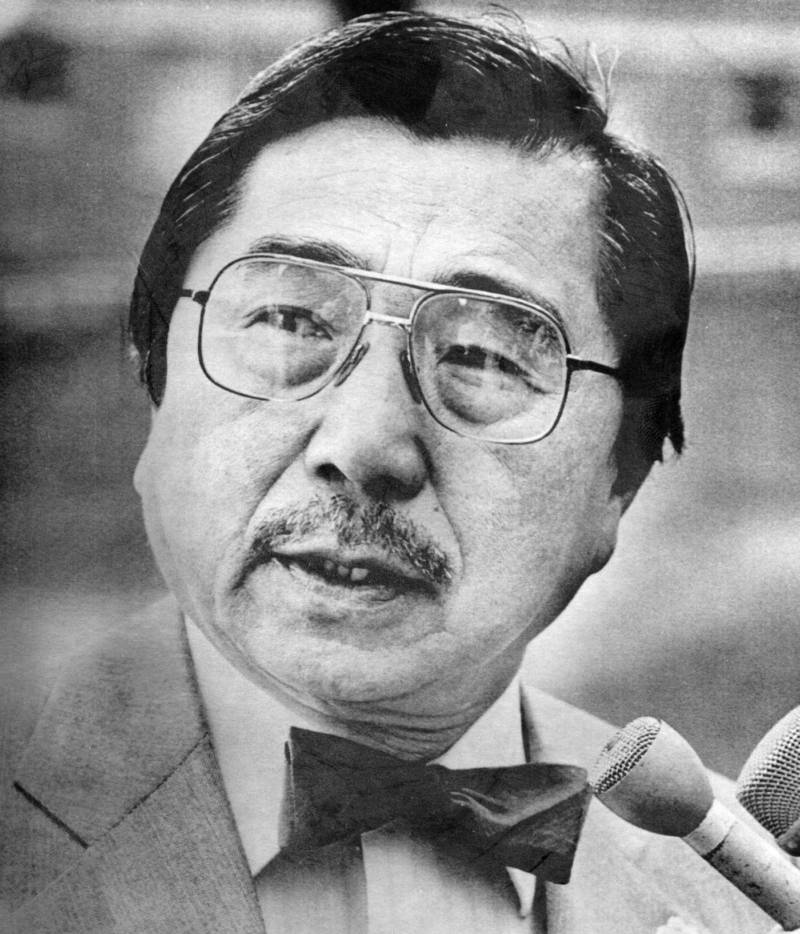The Trump Administration’s policies on travel and immigration have reignited interest in an old precedent from World War II: the mass incarceration of Japanese-Americans by the Roosevelt Administration with Executive Order 9066.
Opinion pieces on the right, left and in-between argue over the similarities and differences, but the arguments at the core of the debate are not about the specifics of how people are incarcerated or what legal principle is up for review. We are at a point in time when we are asking as a nation whether it’s OK to target specific ethnic groups to address large and complicated threats to our national welfare. That’s what brings to mind World War II.
“Today is the first time, so far as I am aware, that we have sustained a substantial restriction of the personal liberty of citizens of the United States based upon the accident of race or ancestry.” – Hirabayashi v. United States, 320 U.S. 81 (1943)
That political context makes Hold These Truths, a play written more than a decade ago about that case and the man behind the name Hirabayashi, strikingly resonant as it makes its Bay Area premiere this week with TheatreWorks Silicon Valley.
Gordon Hirabayashi was a college student in 1942 when he decided to turn himself in for refusing to abide by laws established to isolate Japanese and Japanese-Americans in the Western United States, on no other basis than race.
Over sixty percent are American citizens, yet they are denied, without due process of law, the civil liberties which are theirs.
If I were to register and cooperate under these circumstances, I would be giving helpless consent to the denial of practically all of the things which give me incentive to live.
I consider it my duty to maintain the democratic standards for which this nation lives. Therefore–I must refuse this order for evacuation.
Signed, Gordon K. Hirabayashi.
![Joel de la Fuente plays more than 35 characters in the one-man play "Hold These Truths." Director Lisa Rothe says, "It was pretty intense to go through all of those characters and find, you know, the vocal and physical characteristics for each one. That takes [an actor] who's got a tremendous range and flexibility. "](https://ww2.kqed.org/arts/wp-content/uploads/sites/2/2018/07/RS31791_HTT_KevinBerne7-qut-800x534.jpg)
Hold These Truths was written by Watsonville-born, Los Angeles-based actress Jeanne Sakata. As a Japanese-American, she thought she knew the history of the internment camps. So she was surprised to learn about Hirabayashi by watching a 1992 documentary, A Personal Matter.



